By: Joe Holz, Director of Sales | Originally Posted: April 10, 2017 | Updated: March 18, 2023
____________________________________________________________________________________________
As the temperature slowly rises, we all get eager to get back outside. We start thinking about the warm sun shining on our face. We imagine the smell of falling rain or freshly cut grass. The sounds of kids playing and dogs barking start ringing in our ears. Spring cleaning is just around the corner, but there may be something you’re forgetting on your checklist. When the weather gets warmer, your thoughts should drift towards pond care and what steps you can take early on to manage it.
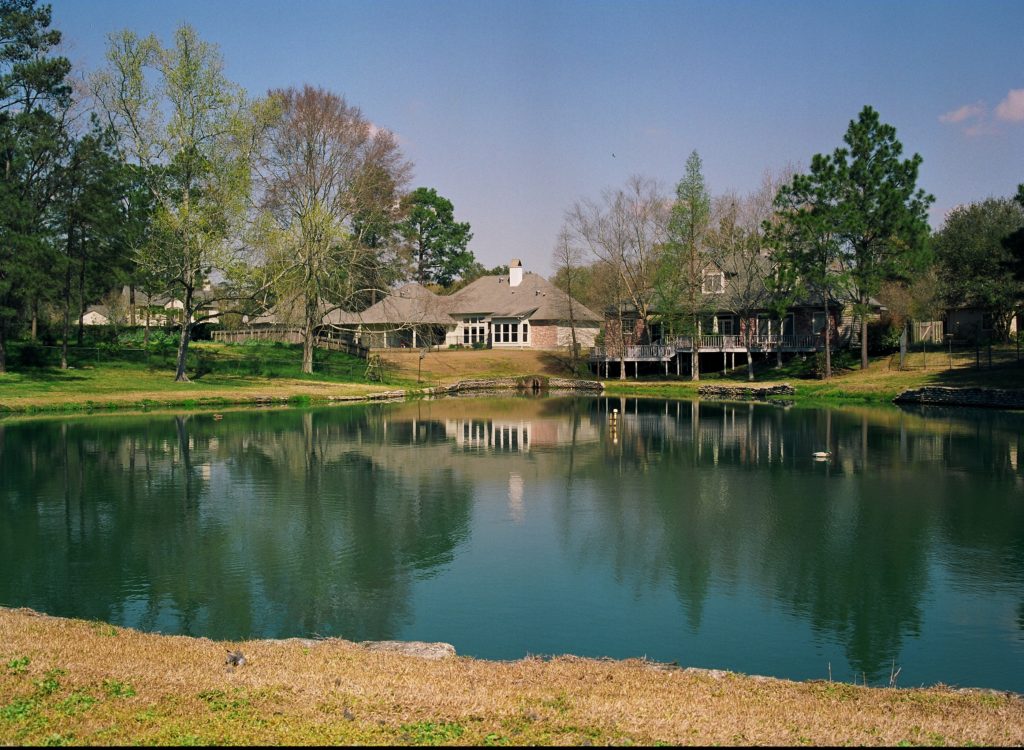
The Effects of Rising Temperatures
A rule of thumb to follow is for every 5 degrees (Celsius) rise in temperature, the speed of reaction doubles. This results in cold blooded organisms becoming more active as well as organic material in your pond requiring more oxygen. The most important water quality parameter for lakes and ponds is dissolved oxygen. Oxygen is essential for all aerobic (air breathing) aquatic organisms.
Aquatic Life Without Oxygen
If oxygen is not present or there is minimal oxygen available:
- Ponds can thermally and chemically stratify. This can lead to a low-quality living environment for fish and a reduction in their food sources.
- The organic muck layers on the bottom degrade much slower.
- Phosphorus can stay in the water, making it readily available for plant growth.
- Oxygen breathing, sediment consuming organisms can become stressed or die.
- Conditions become favorable for the formulation of harmful gases such as ammonia and hydrogen sulfide.
- Mosquito larvae and pupae can take over the body of water.
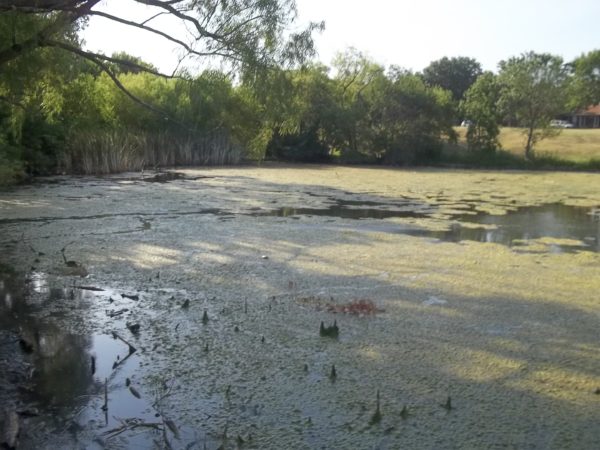
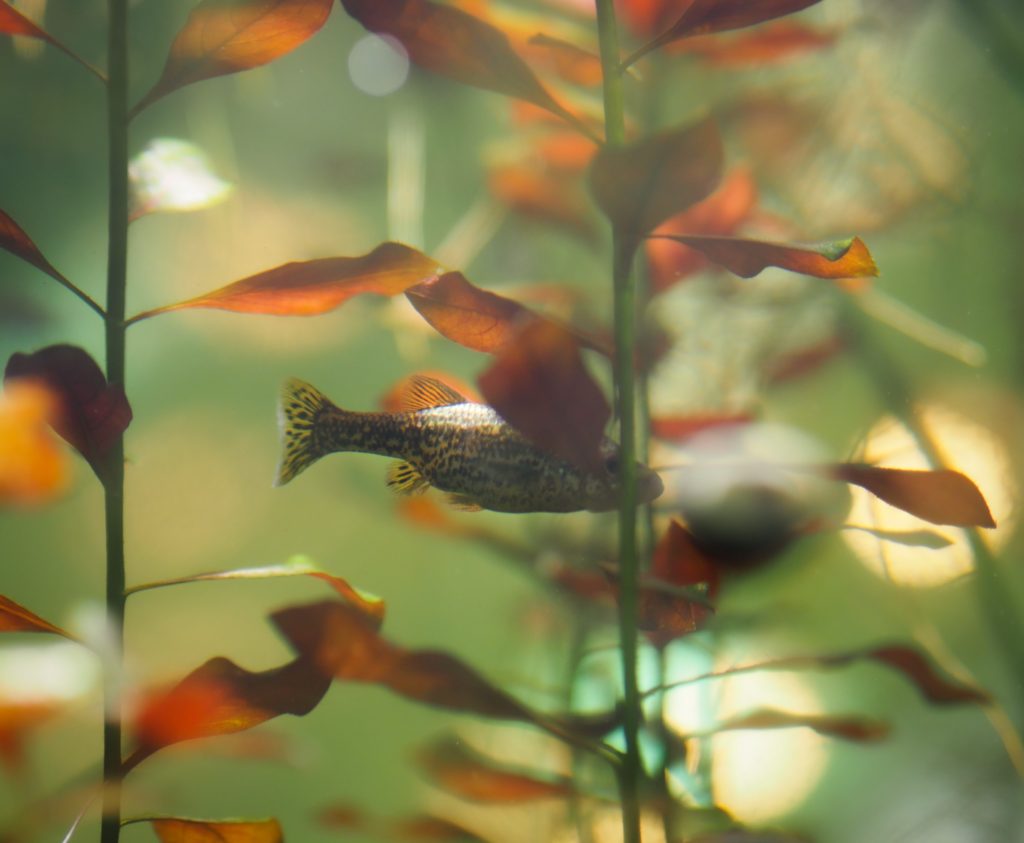
How to Increase Your Water’s Oxygen Levels
DEEP WATER
The best way to prevent low oxygen levels in your body of water is through aeration. If you have a lake or pond that has a depth of 8 ft. or greater, we suggest our RobustAire diffused aeration systems. These systems come with a shore mounted compressor that pumps air to a dual loop diffuser(s) that sits at the bottom of your lake or pond. A single diffuser being supplied by a 1/4HP Teich-AireTM rocking piston compressor can circulate over 3,000 gallons of water per minute.
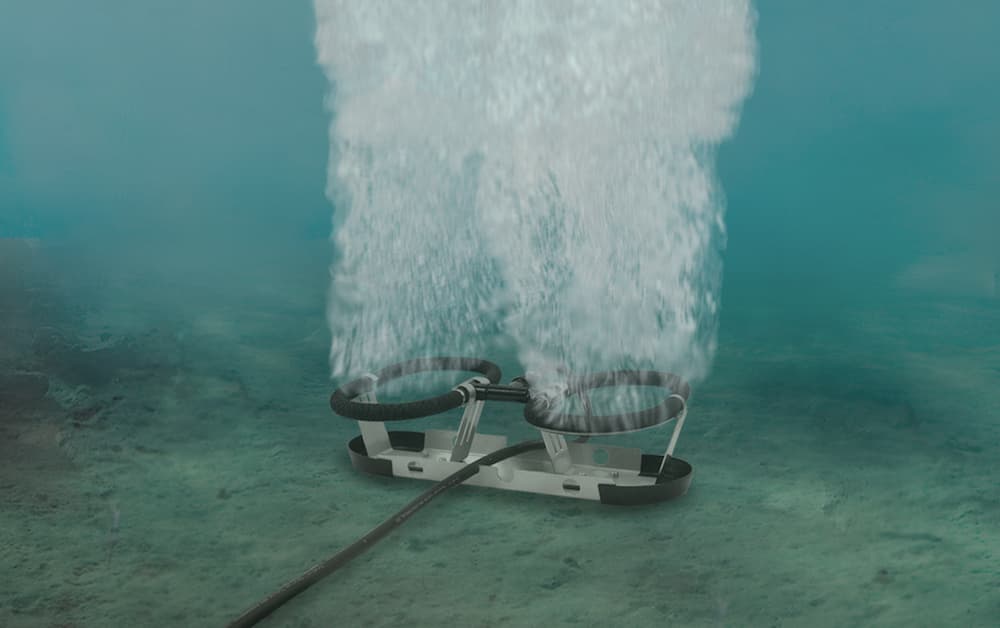
SHALLOW WATER
For lakes or ponds that are less than 8 ft. of depth, we offer several products that create surface agitation and increase oxygen levels:
- Aérateurs de surface push high volumes of water into the air. These units deliver up to 3 pounds of oxygen per horsepower per hour of operation.
- VFX Fountains are a crossover of surface aerators and fountains. These fountains display a “V-shaped” pattern while maintaining a steady, high-volume flow of water.
- Lastly, AquatiClear by Kasco is our new and improved, clog-resistant circulator that helps move still, stagnant water below the surface. Units can be easily secured with our Horizontal Mount or Universal Dock Mount.
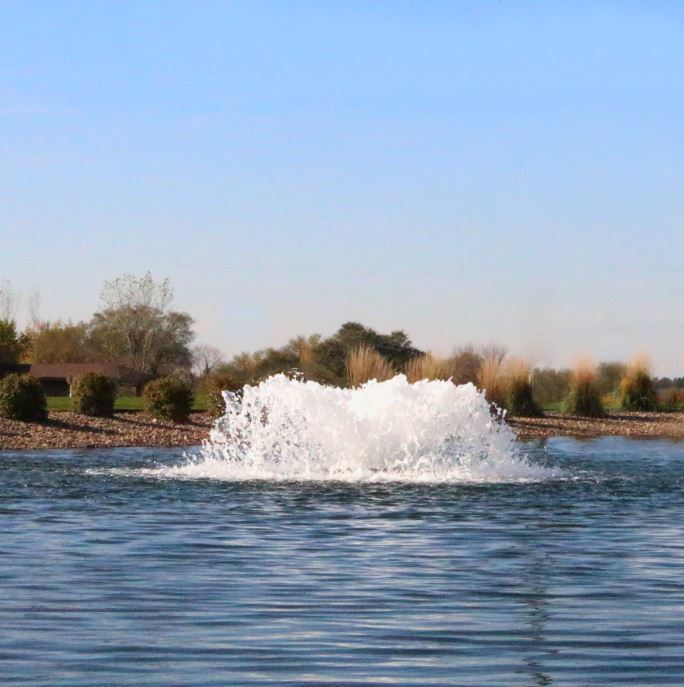
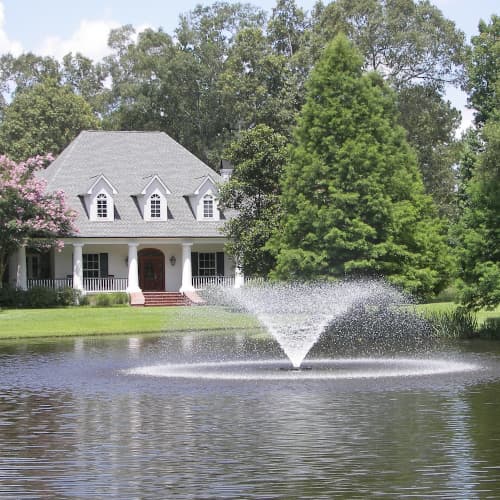
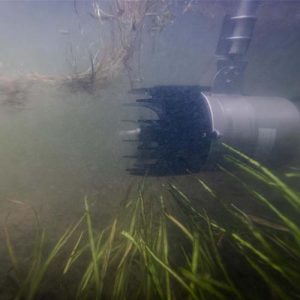
Don’t wait until your pond is too dirty to handle. Start your Spring cleaning early and let Kasco take care of your lake and pond needs while you enjoy the warm sun you’ve been waiting so long to for.
Contact us today for a recommendation on an aeration system that best suits your pond or lake.
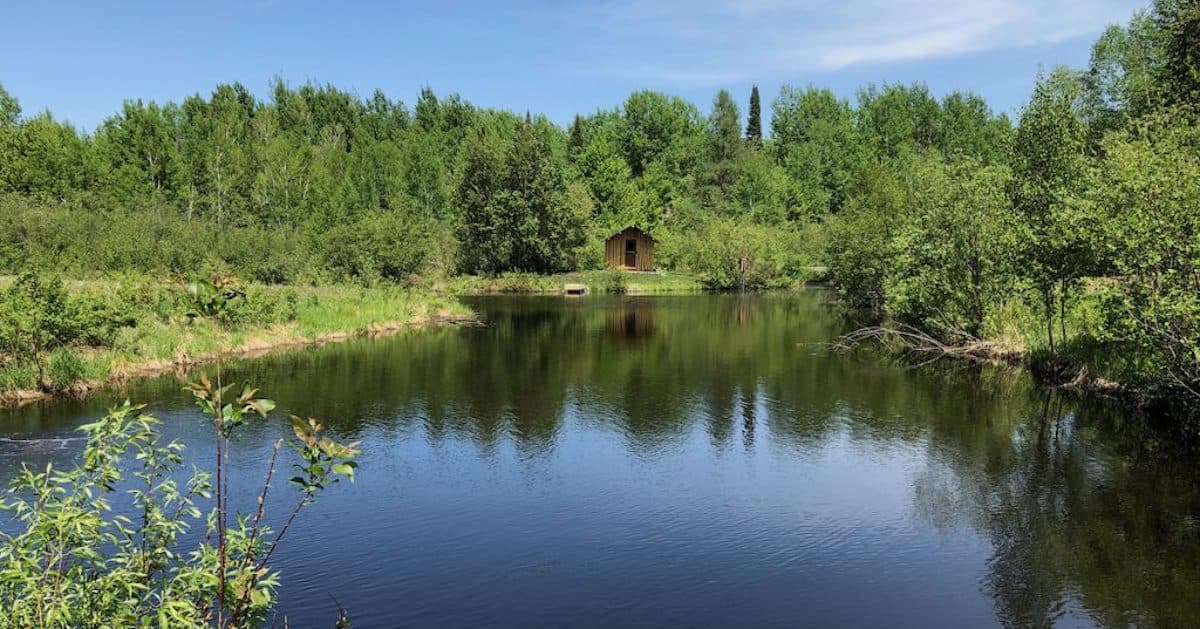 Back to Basics – Spring Pond Management Tips
Back to Basics – Spring Pond Management Tips
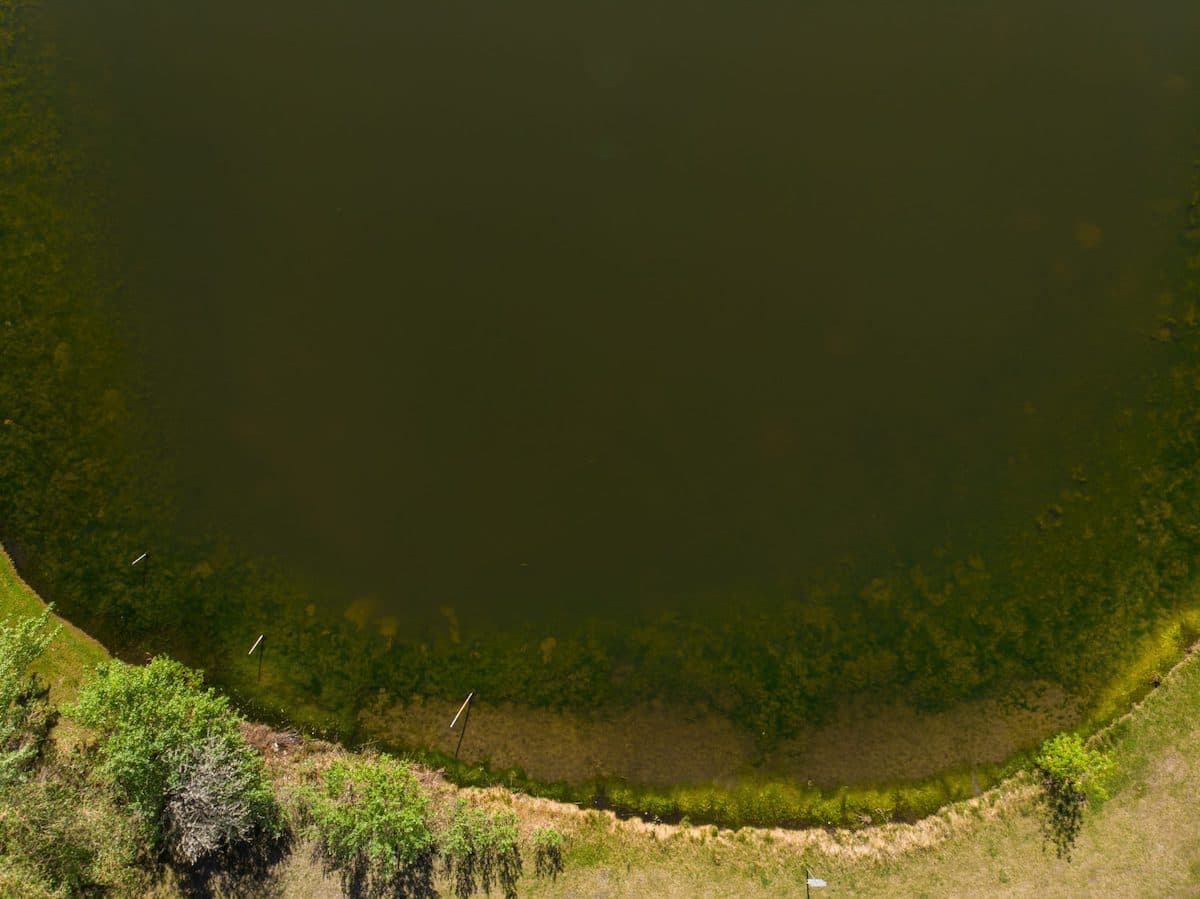 Le guide pratique sur les boues d'étang
Le guide pratique sur les boues d'étang
 Inhiber la croissance des moustiques avec l'aération Kasco
Inhiber la croissance des moustiques avec l'aération Kasco